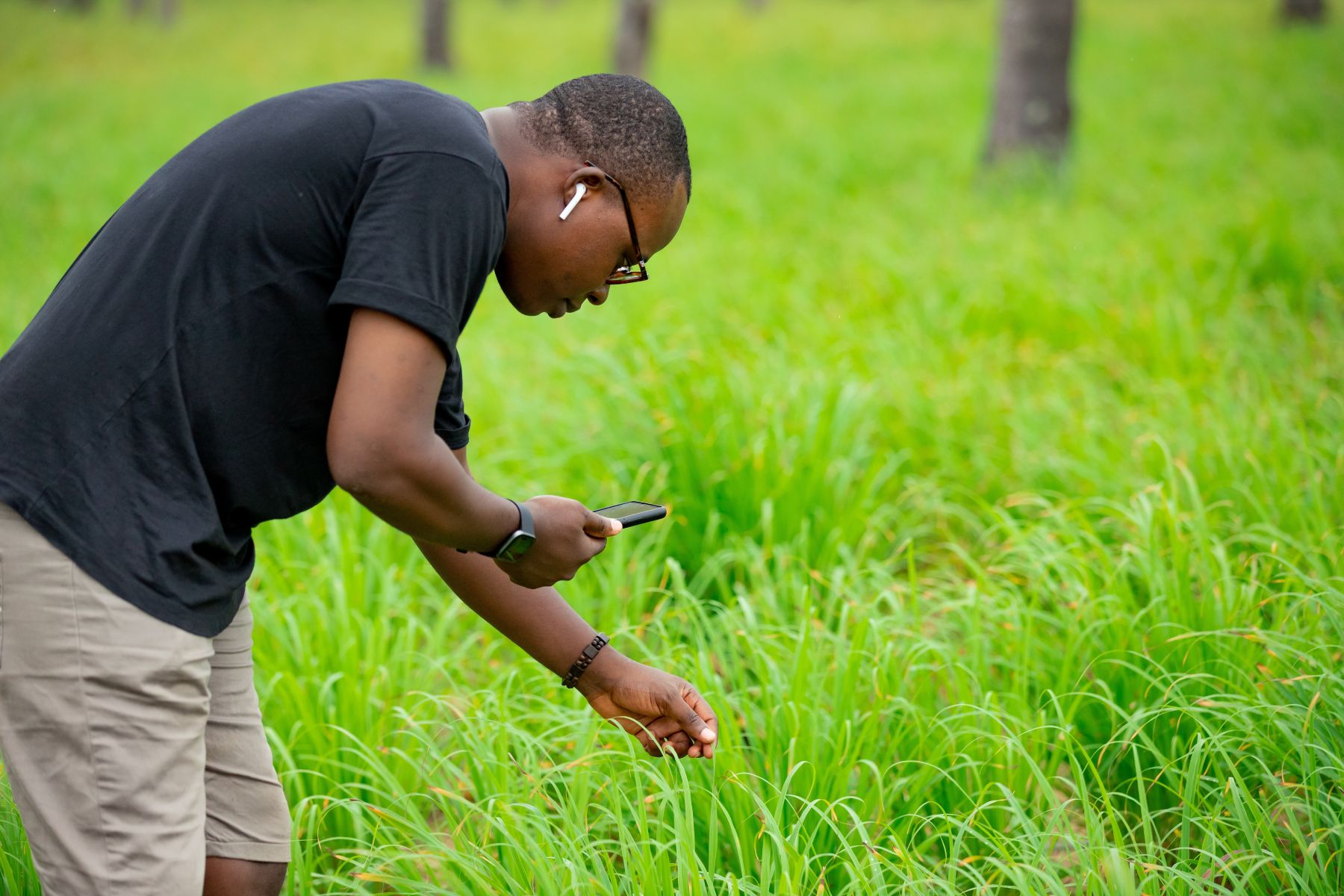Mining activities threatening livelihoods in FCT, says CHRICED
The Resource Centre for Human Rights & Civic Education (CHRICED) has raised alarm over the environmental and human rights devastation wrought by mining activities on the original inhabitants of the Federal Capital Territory (FCT).
The organisation further lamented that many inhabitants’ communities have continued to experience a lack of potable water, healthcare facilities, infrastructure, and economic opportunities.
CHRICED’s executive director, Ibrahim Zikirullahi, raised the concerns in Abuja on Tuesday at the launch of a new phase of its project promoting the rights of indigenous FCT communities.
The project is a two-year initiative supported by the MacArthur Foundation, aimed at strengthening grassroots advocacy, cultural preservation, and community-led documentation of human rights violations.
A major component of the project is the creation of the Abuja Native Heritage Centre, which will serve as a historical and cultural hub for the 17 Chiefdoms of Abuja’s original inhabitants.
While describing the mining situation as a silent emergency that continues to displace, impoverish, and endanger the lives of native communities in the capital, Zikirullahi lamented that the original inhabitants are already marginalized by decades of systemic exclusion and political denial.
He said, “Despite the Federal Capital Territory (FCT) being recognized as Nigeria’s 37th state, it lacks the governance structures of other states. Original inhabitants cannot elect a governor or legislature, as the territory is governed by a minister appointed from another state. This political exclusion has denied Abuja’s OIs and residents a voice in decisions affecting their lives, perpetuating systemic discrimination.
“Mining operations have further exacerbated their suffering. While Nigeria’s mining laws mandate Community Development Agreements (CDAs), these have failed to protect the rights of Abuja’s indigenous peoples. The environmental degradation caused by mining, blasting, land destruction, and pollution has led to health crises and the desecration of cultural sites.
“The judicial system has also failed to provide adequate support. Cases of demolitions and land seizures remain unresolved, and affected communities struggle for fair compensation. For women and children, the challenges are even greater limited access to clean water, inadequate healthcare, and the absence of programs addressing their specific needs.
“The original inhabitants of Abuja have long demanded justice, yet the struggle persists. Their fight for recognition, political inclusion, and environmental protection continues, as advocacy groups push for reforms. Until decisive action is taken, the injustice endured by these communities remains an open wound in Nigeria’s history.”
Zikirullahi called on the Federal Government and the National Assembly to amend constitutional gaps that have left Abuja’s indigenous communities without democratic rights equivalent to other states.
He also urged the FCT Administration to halt the demolition of native homes, address environmental degradation, and prioritise investment in critical infrastructure within original inhabitant communities.
Among those recognised during the launch were nine local organizations selected as subgrantees of the project, including the Network of Journalists on Indigenous Rights, the Association of Wives of FCT Traditional Rulers, and the Original Inhabitants with Disabilities Multipurpose Cooperative Society.












